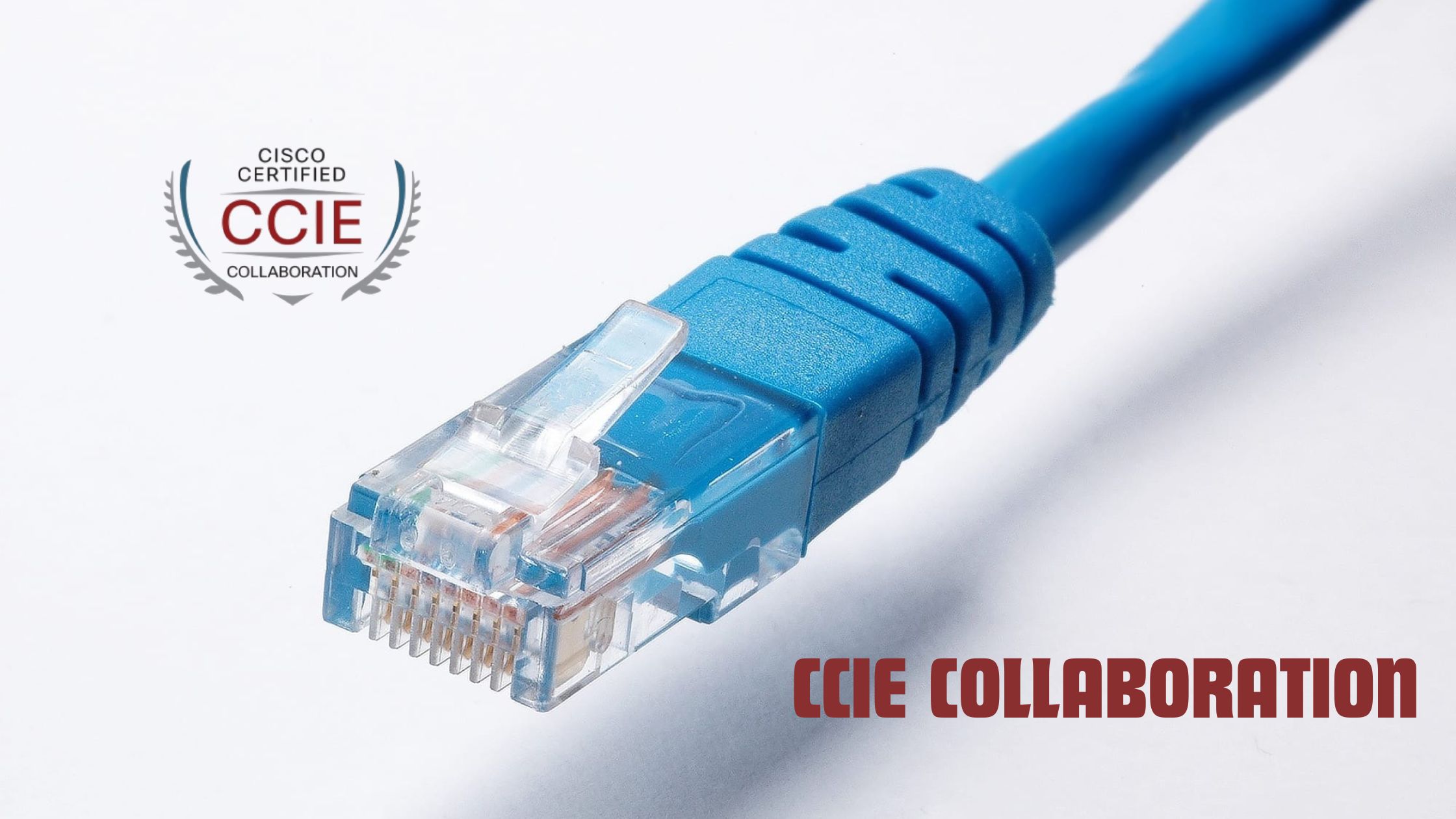The world of networking and unified communications is evolving rapidly, and professionals need to stay ahead by obtaining certifications that validate their expertise. One such prestigious certification is the CCIE Collaboration. It is widely recognized as a top-tier credential for IT professionals specializing in collaboration technologies like voice, video, and messaging solutions. This blog will explore why CCIE Collaboration is a career-defining move, how to prepare for it, and what benefits it can bring to your professional journey.
What Is CCIE Collaboration?
CCIE Collaboration stands for Cisco Certified Internetwork Expert in Collaboration. It’s one of the most advanced and challenging certifications offered by Cisco, specifically tailored for experts in designing, deploying, and troubleshooting complex collaboration solutions. These solutions involve voice, video, and messaging over IP networks. The certification is ideal for senior collaboration engineers, unified communications architects, and telephony experts. The core goal of the CCIE Collaboration certification is to validate your ability to operate and troubleshoot sophisticated collaboration technologies and infrastructure. The certification exam includes two parts:
- A written exam that tests theoretical knowledge across various collaboration technologies.
- An 8-hour hands-on lab exam that examines practical skills in configuring and troubleshooting real-world scenarios.
Key Technologies Covered in CCIE Collaboration
CCIE Collaboration requires an in-depth understanding of a wide array of Cisco solutions and collaboration technologies. Some of the main technologies and tools include:
- Cisco Unified Communications Manager (CUCM)
- Cisco Unity Connection (CUC)
- Cisco Expressway
- Cisco IM and Presence
- Cisco Meeting Server
- SIP, H.323, and MGCP protocols
- QoS (Quality of Service) configurations
- Video and audio conferencing solutions
Candidates must demonstrate not only technical knowledge but also the ability to integrate these technologies seamlessly within enterprise networks.
Why Choose CCIE Collaboration?
There are many IT certifications available, but CCIE Collaboration holds a special place in the hierarchy for several reasons:
1. Industry Recognition
CCIE certifications, including CCIE Collaboration, are globally recognized and respected by top-tier employers. Holding this certification proves that you're an expert capable of handling complex collaboration infrastructures.
2. Career Advancement
Professionals who earn this certification often see a significant boost in job opportunities and salary. Positions such as Collaboration Solutions Architect, Senior VoIP Engineer, or Unified Communications Specialist become accessible.
3. High Demand for Collaboration Experts
With the shift toward hybrid work and remote communication, enterprises are investing heavily in collaboration tools. This has increased the demand for certified professionals who can design and maintain efficient, secure, and scalable collaboration environments.
4. Skill Validation
The CCIE Collaboration exam’s difficulty ensures that certified individuals truly possess the necessary skills. This certification proves your expertise in end-to-end collaboration architecture, from call control to conferencing and messaging.
How to Prepare for the CCIE Collaboration Exam
The CCIE Collaboration exam is one of the most challenging in the Cisco certification path. Success requires a mix of hands-on practice, study, and real-world experience. Here are some steps to guide your preparation:
Step 1: Understand the Exam Blueprint
Start by reviewing the official exam blueprint provided by Cisco. It outlines the topics, skills, and technologies that will be tested. This helps in identifying key areas to focus on.
Step 2: Get Hands-On Experience
The lab exam requires extensive hands-on skills. Set up your own home lab using Cisco devices or rent virtual labs. Practice configurations, troubleshooting, and integration tasks regularly.
Step 3: Study Official and Third-Party Resources
Use Cisco’s official study materials such as:
- Cisco Press books
- Cisco Learning Network
- Cisco Digital Learning Libraries
In addition, enroll in online courses or bootcamps that provide in-depth training and lab practice.
Step 4: Join Study Groups and Forums
Engage with the community of CCIE aspirants. Platforms like Reddit, TechExams, and the Cisco Learning Network are great for sharing study tips, asking questions, and staying motivated.
Step 5: Schedule Your Exams
Once confident, schedule the written exam. Passing it qualifies you for the lab exam, which you must attempt within 18 months. Plan your lab attempt wisely, ensuring you have ample time to prepare.
CCIE Collaboration vs Other CCIE Tracks
Cisco offers several CCIE tracks such as Routing and Switching (now Enterprise Infrastructure), Security, Data Center, and Service Provider. Here's why CCIE Collaboration stands out:
- Niche Specialization: It focuses on real-time voice, video, and messaging technologies.
- High ROI: With fewer professionals holding this certification, demand is high, which can translate to better job offers and salaries.
- Future-Proof Skills: The trend towards unified communications in hybrid workplaces makes collaboration expertise even more essential.
Real-World Applications of CCIE Collaboration Skills
Professionals with CCIE Collaboration certification work in roles where they:
- Design and implement voice/video solutions for global enterprises.
- Manage complex contact center infrastructures.
- Lead digital transformation projects involving collaboration tools.
- Ensure security, quality, and reliability of IP telephony systems.
In short, you become the go-to expert for communication systems that power today’s business operations.
Conclusion: Is CCIE Collaboration Worth It?
Absolutely. Whether you’re looking to elevate your current role, shift into a specialized career, or increase your salary potential, CCIE Collaboration is a powerful credential that opens many doors. It not only validates your technical proficiency but also establishes your authority in one of the most in-demand IT domains today. In a world increasingly dependent on seamless communication, being a certified expert in collaboration technologies is a strategic career move. If you're ready to invest in your future and stand out in the competitive IT industry, CCIE Collaboration is a smart, high-impact choice.


